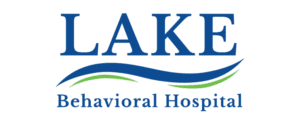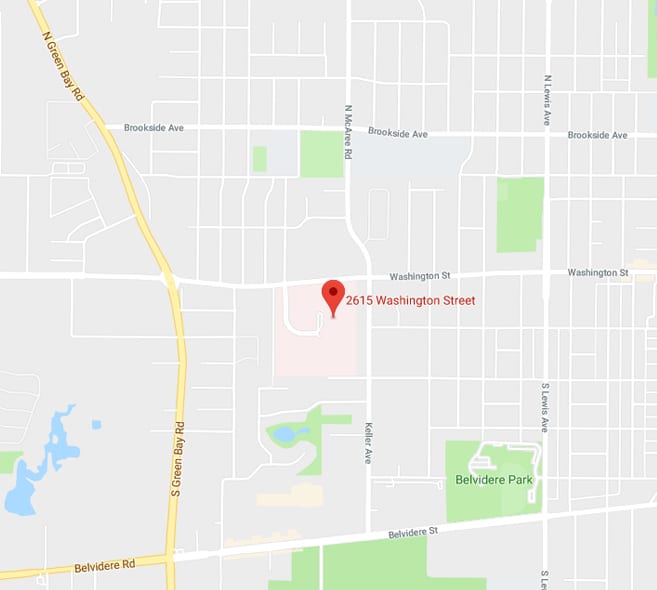Back-to-School Advice for Parents: Dealing with Teens and Drugs
School is back in session. Teens are back with their friends after a year of isolation from peers and normal school routines. You may be worried that your teen will “cut loose” having missed so much social time. Maybe you have even forgotten how to talk about really difficult subjects because having them home more during COVID, it just didn’t seem like you had as much to worry about. Well, parents, it’s back to some of the tough talks. For some, any subject is a tough subject. Past experiences and blow-ups over touchy topics may be in your memory bank. You may have been surprised at your teens negative reaction to something, that seemed to you like no big deal. Enter the need to talk about drugs and alcohol: parental panic! Although these talks can be difficult, they are definitely necessary. Don’t dodge ‘em; talking it out will make a difference.
Talking to your children, even when they resist, according to research, has an impact. Groups like SAMSHA and NIMH tell us that talking with your kids can even mean that your kids will choose not to use. Here are some things to keep in mind about tough talks on drugs and alcohol:
Start talking and keep talking! Let your children know what is important to you and be a great role model. Share factual information. We are never too young or too old to learn. The earlier you start, the better.
Be Consistent. Connect with groups in your child’s school who know the ins and outs of social norming. This framework of drug and alcohol information helps remind kids that “not everybody is doing it”. Be adamant about a message that tells your kids that substances and a developing brain are not a good match.
Find Your Balance. Have fun with your kids: prank joke and tease, but when it comes to substance use there’s no joking around. If you have stories of your youth and substance use, maybe those stories can be put aside. Providing the right message at all times, is the best way to let your teens know that you care about their health and safety. Talk with your partner or spouse about how you might handle a situation where your child has experimented with a substance. Waiting until something happens and when you are upset will not be the time to make a decision about a consequence or how to manage it. Prepare yourself for questions about your own use or past behaviors.
Use the News! If you hear of an incident at school or in your local community related to substances you have the perfect opportunity to talk and, more importantly, listen to your child. We all appreciate having our opinions valued. Remember that your child will appreciate it, too.
Get involved. Many schools and community groups are invested in making sure kids are healthy. Find a group that focuses on substance use and abuse. You can learn a lot and show your child just how much this topic matters to you.
Be informed and pay attention! Being a teen can mean changing by the minute. Mood, relationships, and attitudes about what’s important in a teens life can be very volatile. Watch for changes that seem different for your child. There is nothing better than parent intuition; rely on your gut feeling. If something feels wrong or out of place, it probably is. Look for physical changes like: red eyes, slurred speech, or lack of coordination. Look for mood changes: lack of interest in things that they used to enjoy, anger, depression, or hyperactivity. Look for behaviors that worry you: grades slipping, friends changing, items in the child’s room that you haven’t seen before (strange wrappings, pipes, clothing with burn holes, or paraphernalia), missed curfews and any secret behaviors with phones, who they are spending time with, or where they are going.
Don’t be an island. If you are concerned about your child or have suspicions of substance use, turn to a professional for support. You never have to be alone. There are professionals waiting for your call at Lake Behavioral Hospital. One call to 855-990-1900 can create an appointment for a free assessment which will determine the best course of action for what may be troubling your child. Serving kids 13 years old and up, our evidence-based programs may be just what your child needs.



